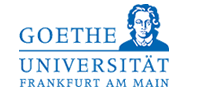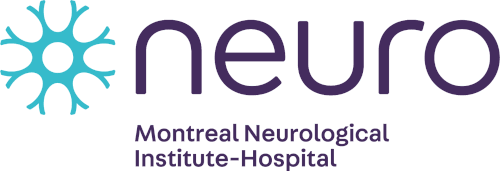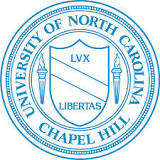 |
 |
 |
 |
 |
 |
Pfizer and SGC Oxford receive the first Wellcome Trust Pathfinder Award for Rare Diseases
LONDON - The Pfizer-SGC project aims to tackle a rare, hereditary metabolic disorder called homocystinuria, which leaves patients unable to metabolise the amino acid methionine. A team of researchers at Pfizer Rare Disease unit will work with Dr Wyatt Yue at the Structural Genomics Consortium at the University of Oxford to investigate methods of restoring normal metabolism and preventing the progression of the disease. The team will study the enzyme that is affected by the disease and investigate ways to restore its function.
Pfizer and SGC are the joint recipients for one of the two first Pathfinder Awards under the Wellcome Trust, tackling rare and orphan diseases for which there are currently no or very limited treatment options.
The Pfizer-SGC project aims to tackle a rare, hereditary metabolic disorder called homocystinuria, which leaves patients unable to metabolise the amino acid methionine.
A team of researchers at Pfizer will work with Dr Wyatt Yue at the Structural Genomics Consortium at the University of Oxford to investigate methods of restoring normal metabolism and preventing the progression of the disease. The team will study the enzyme that is affected by the disease and investigate ways to restore its function.
Homocystinuria manifests itself in childhood with both physical and mental defects and there is currently no cure. Therapy involves strict dietary management; however, not all patients are responsive to treatment and therapy is not often available outside of major academic institutions.
Kevin Lee, Chief Scientific Officer and head of Pfizer's Rare Diseases Research Unit, said: "Homocystinuria is a severe condition that affects approximately one in 300 000 births, though recent research suggests the condition is significantly under-diagnosed.
"Pfizer is honoured to receive this award and to be working alongside Dr Yue and his team to progress research in this area of unmet medical need. This collaboration underlines our commitment to the rare disease area and our strategy to partner with leading groups in innovative ways."
Ted Bianco, Director of Technology Transfer at the Wellcome Trust, said: "Orphan and neglected diseases present a huge challenge and we believe that successful collaborations between academia and industry will be vital for finding new treatments and diagnostics. This is a key priority for the Pathfinder Awards and we are delighted that the first two projects to be supported under the scheme will foster such exciting cross-sectoral collaborations."
The Pathfinder Awards were set up to facilitate funding applications that would be considered too early for support under the Wellcome Trust's other translational funding models. The focus of the Pathfinder Award model is orphan and neglected diseases for which no current therapy exists or where the proposed potential product will be superior to the existing options.
The Pathfinder Award model is designed to help academic teams, or teams from not-for-profit groups, to build on existing partnerships or establish partnerships with a company that has specialist knowledge and access to technologies to facilitate the development of a potential product. The ultimate aim is to kick-start pilot research projects that have significant potential to help develop innovative new products in these disease areas, but which may not otherwise be economically attractive to the private sector.
